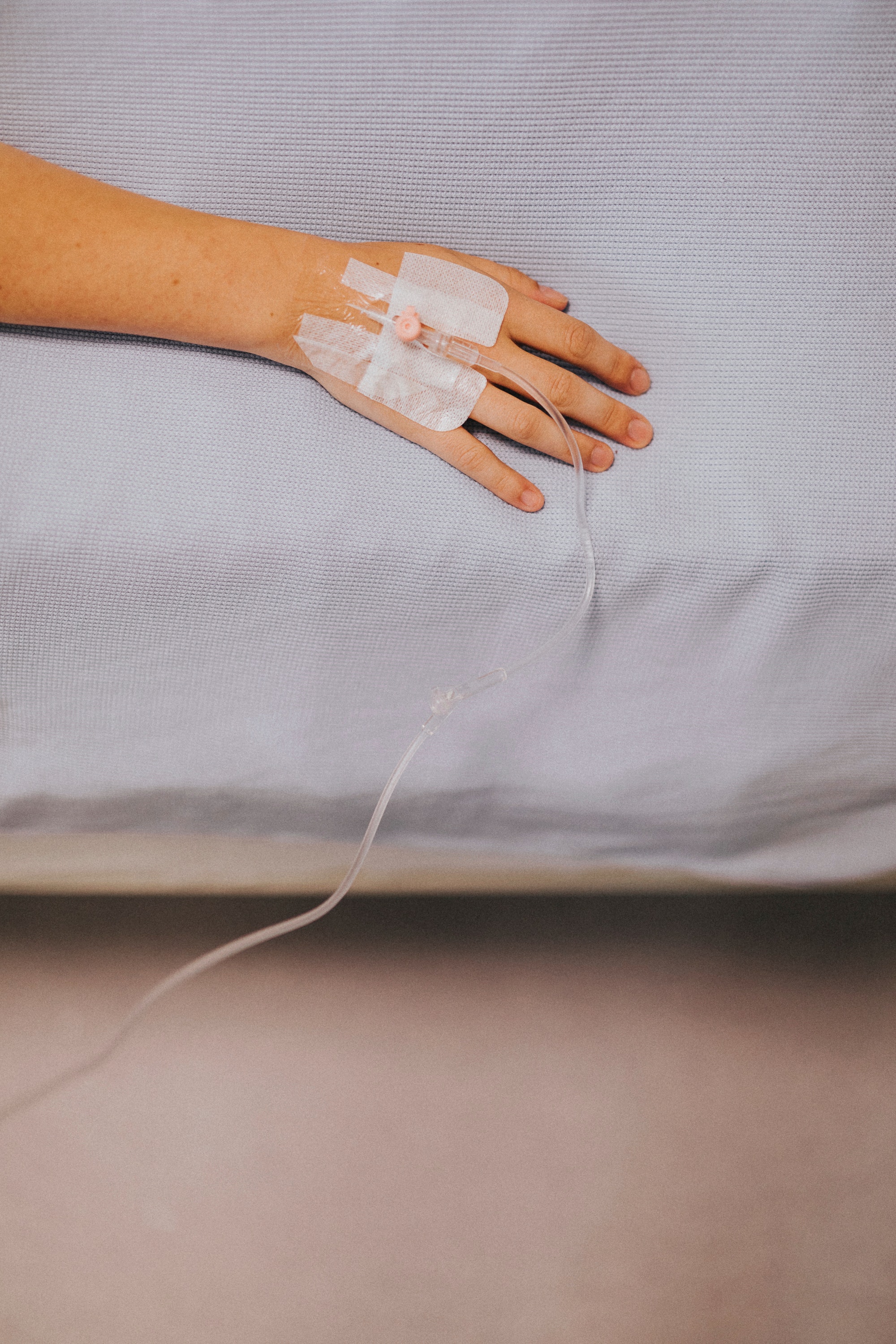Symptoms and diagnosis of liver cancer

On this page:
Symptoms of liver cancer
In the early stages primary liver cancer may have no symptoms or symptoms may be vague. Symptoms can include:
- Unexplained weight loss
- Nausea (feeling sick) or vomiting
- Swelling or pain in your tummy
- Dull, achy pain in your right shoulder
- Loss of appetite, or feeling very full after a small meal
- Feeling more tired than usual
- Jaundice (yellow skin and eyes, dark urine, pale poo and itchy skin)
- High temperature of 38°C or higher
These symptoms can also be caused by conditions other than cancer, but it’s important to go to the GP and get any unusual changes checked out.
Can I be screened for liver cancer?
Testing for liver cancer when you have no symptoms is called screening. There is no national liver cancer screening programme in Ireland at present.
Talk to your doctor about surveillance if you have a liver disease such as hepatitis B or C, genetic haemochromatosis or liver cirrhosis, as your risk of liver cancer is higher.
Surveillance for liver cancer
Surveillance means having regular tests to check the health of your liver and spot any abnormal changes. For example, blood tests and ultrasound scans.
Talk to your doctor about surveillance if you have a liver disease such as hepatitis B or C, genetic haemochromatosis or liver cirrhosis, as your risk of liver cancer is higher.
If you have cirrhosis as a result of alcohol or drug-taking, you will be expected to work with your doctor to stop using alcohol or drugs if surveillance is to be considered. If you carry on, you're more likely to get liver cancer and it will be harder to treat.
If you're worried about liver cancer, discuss this with your GP.
Diagnosing liver cancer
Your family doctor (GP) will talk to you about your medical history, your symptoms and do a physical examination. They will also do a number of blood tests, including liver function tests, to look for signs of disease and to assess your general health. Your GP will refer you to hospital if they think you need more tests. Tests you might have include:
Abdominal ultrasound scan (CEUS): A device like a microphone is passed over your tummy area to give high-frequency sound waves. These create an image of your liver, which can show up any abnormality.
CT scan: A series of X-rays that give a detailed picture of your liver.
- MRI scan: A scan that uses magnetic energy to build up a picture of the inside of your liver. During the scan you will lie inside a tunnel-like machine.
- Liver biopsy: Usually liver cancer is diagnosed from a CT scan or from a sample of cells taken during another surgery. Taking a biopsy may be necessary to diagnose primary liver cancer for someone who does not have liver disease. Or your team may do a biopsy to find out more about how well your liver is working. A liver biopsy involves taking a sample of the liver using a long thin needle, guided to the right place by a CT or ultrasound scan. You will stay in hospital overnight after this test.
- Blood tests: Blood tests can check how well your liver and kidneys are working.
- Laparoscopy: This test is done under general anaesthetic. Your doctor will make a small cut in your tummy (abdomen) and put in a small, thin flexible tube with a camera attached to it. This lets your doctor look for any abnormal changes in your liver and other nearby organs. A sample of cells (biopsy) can be taken at this time.
For more information
Phone
1800 200 700



